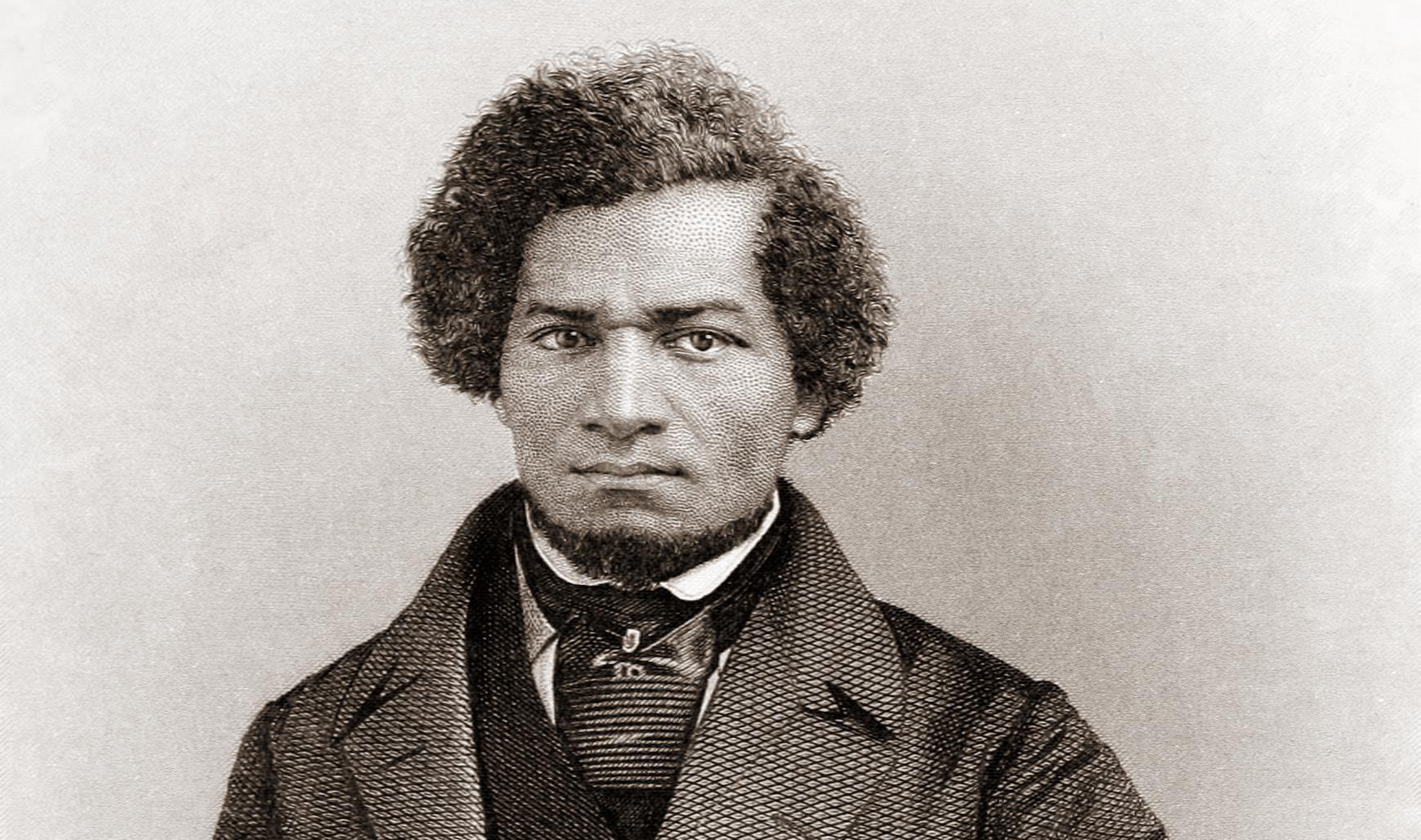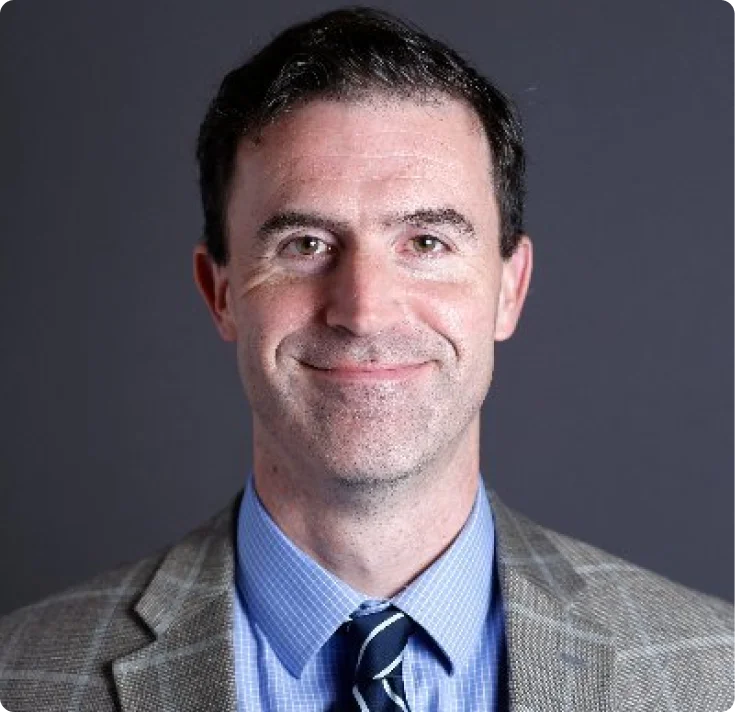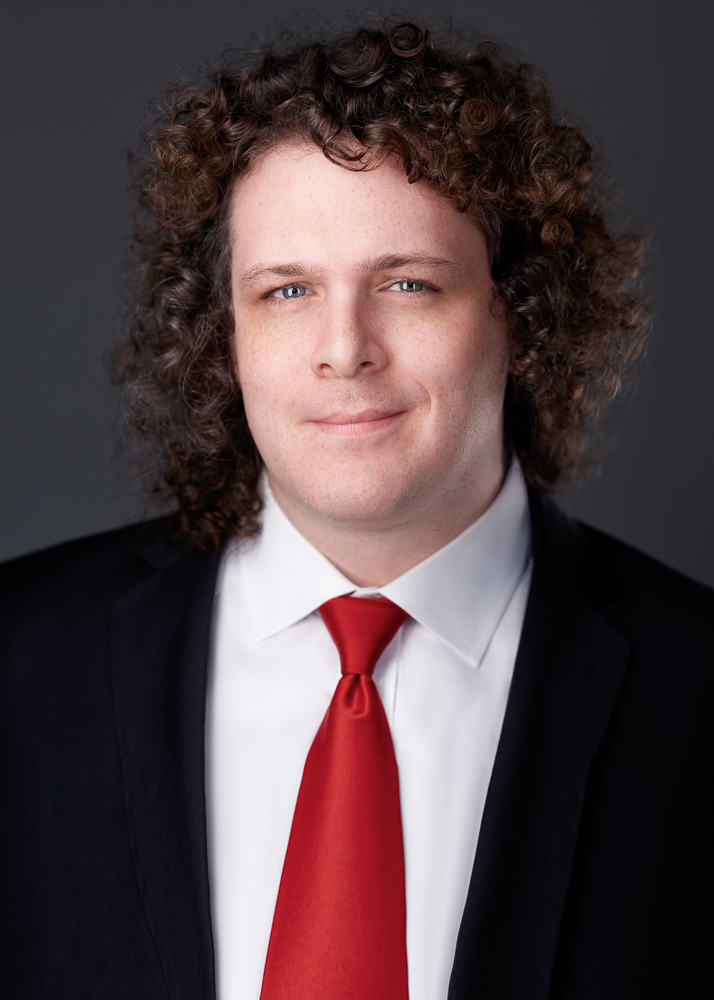
Woke Despotism Meets the Counterrevolution
The core of today’s woke ideological devotion is what anti-totalitarian dissidents during the Cold War called the “Ideological Lie.”
Listening to the public discourse over President Trump’s war against Diversity, Equity, and Inclusion (DEI), one might easily believe that the attempt to implant woke despotism in American institutions has been defeated. Not so writes Daniel Mahoney, a professor emeritus at Assumption University known for his books on an array of topics and thinkers, a partial list includes Aleksandr Solzhenitsyn, Charles de Gaulle, Pierre Manent, Roger Scruton, American conservatism, and statesmanship. In his latest book, The Persistence of the Ideological Lie: The Totalitarian Impulse Then and Now (Encounter Books, April 2025), Mahoney helps us understand the ideological predicament we are in, one whose origins stretch back to the most virulent anti-Western ideas of the modern era.
The Trump administration’s recent executive orders about DEI have been clarifying, a reintroduction to the logical structure of reality. Moreover, these actions have been incredibly popular with the American people and, unlike in economics or trade policy, completely unite all elements of the right.
Much of this success stems from markers laid down by the new administration who have stated to all institutions and state and local governments receiving federal funding: close your DEI departments, cease making decisions about students and employees regarding race and gender, protect equal education opportunities for all students and employees, including Jewish ones, and stop putting males on the same athletic fields or in bathrooms with women.
During this American glasnost, acknowledging certain truths formerly condemned by a politically correct establishment has again become possible. Yet, the impulse to hang the “Mission Accomplished” banner from the rafters of recovered American civic virtue at this date would be short-sighted, a failure to understand the meaning of “liberation” that woke despotism offers its adherents. That false liberation is an authoritarianism that removes from free political orders the rights, institutions, and associations that give meaning and direction to people’s lives. In place of these, woke despotism will install a racial and gender totalitarianism, the abolition of memory of American and Western Civilization, and exalt the plasticity of human nature, among other things. It is a radically perverted set of freedoms they worship.
Mahoney locates the core of today’s woke ideological devotion in what anti-totalitarian dissidents living on the other side of the Iron Curtain during the Cold War called the “Ideological Lie.” That lie exists in consigning to the dust entire categories of people “who are said to be guilty for who they are and not what they have done.” This, Mahoney judges, is the heart of the matter. Those who embrace the ideological lie succumb to a “Second Reality,” a term coined by Eric Voegelin to describe the totalitarian mind which “loses contact with the most elementary realities.” They no longer know the difference between good and evil.
Mahoney reminds us how our cities burned in the summer of 2020 while few politicians condemned the violence and mayhem, and even fewer would defend that most vital of institutions, the police. Instead, police officers were verbally and physically assaulted, and some were killed. All the while, we were told that the police were the business end of the systemic racism that defined America. The defund the police project was a part of an overall approach to delegitimize law and order as the tainted fruit of an unjust society. Yet, its real effect was to leave many of the poorest in our society at the mercy of violence, Mahoney notes. Police officers pulled back from patrolling and making arrests in many crime-ridden areas for fear of losing their careers and freedoms if they were accused of racism or abuse. No one would defend them in that event.
Mahoney also highlights the Orwellian transformation of the terms “equity” and “inclusion,” which now equate to the most rigid beliefs and enforced behaviors about who should be given opportunities based entirely on historic victim status. He rightly concludes that those “who believe in the color-blind constitution, who do not loathe their country, and who believe in the old verities and morality are not welcome” in universities and, increasingly, law firms, corporations, and media outlets.
He points out how DEI and critical race theory (CRT) have subjected the American people to obligatory alphabetical agitprops similar to communist propaganda with its tyranny of coerced and bureaucratically imposed slogans, doctrines, and programs. This includes the “LGBTQIA++ regime, unremitting in its obsession with “queerness,” “transgenderism,” and sexual “fluidity,” all notions unknown to Americans a half generation ago.
Mahoney details how this set of ideological categories has had previously unimaginable consequences on college campuses. The situation in higher education has only worsened in the past two decades as a related set of Marxist-derived concepts: CRT, Intersectionality, Antiracism, and Settler-Colonial Ideology has garnered the support of campus administrations and acquiescence of the faculty. The output of this widespread acceptance has become part of classes, seminars, freshman orientations, and even versions of “struggle-sessions” during which white students (and white males particularly) are subjected to various narratives detailing how they must constantly offer sacrifices to atone for being oppressors and victimizers. Thus, no one should be surprised or at least puzzled by how many campuses, from their academic and administrative leadership to their students, have claimed affinity with Hamas and Hezbollah terrorists after the October 7 massacre.
Mahoney is no less sparing when it comes to gender ideology, which he notes, aims to create an “fictive surreality at odds with the biological and social nature of human beings.” We are unable to bring “173 genders into existence.” The promotion of what is in effect “physical and spiritual mutilation, is profoundly immoral and irresponsible.” He counsels us to return to the basics of reason and revelation and affirm the “oldest and deepest truth” that male and female were created by God.
In an intriguing section on Marx’s connection to the violent revolutionaries inspired by his writings in the twentieth century, Mahoney suggests further revolutionary connections and consequences with the ideological movements of our day. Marx’s metaphysical rebellion informs the demands of woke despotism in its dictates about the white male as original sinner, the authoritarian nature of family rooted in sexual complementarity, the lie of organized religion because of its rootedness in the sins of the West, and the rights of property having no authority because of its inequitable holdings by citizens. Woke despotism can genuinely be called despotic because it aims to overcome, to delegitimize the moral contents of freedom and diminish the truths that make life lovely, as our words and deeds bond us to others in politics, faith, family, and markets in consent and even in communion.
This analysis opens us to what Mahoney calls the “moral inversion” of ideological revolution in the twentieth century. The term moral inversion was Michael Polanyi’s, the twentieth century Hungarian political philosopher and philosopher of science, who understood, Mahoney argues, that “fanatical moral indignation” stems from “ideological rejection of a natural order of things and of a shared public or common world, where our manifold responsibilities and duties first come to sight.” The outcome is the destruction of the goods of human life.
Morality itself gets repurposed in the service of ideological fanaticism, whose ultimate aim is psycho-liberation from the basic institutions and norms of human existence. As Mahoney notes, “Their indignation, their aim to cancel—to morally obliterate—those they cannot abide is a consequence of the fact that they have left the world of objective truth and measured moral judgment behind.” Alas, we should not be surprised that woke despotism implanted itself in education institutions foremost, and sought influence in the military, religious institutions, corporations, law firms, government legal offices, and seeks to further undo the already fledgling notion of family as a natural and complementary institution built on mothers, fathers, and children.
How deep can government by executive order extend?
Mahoney reflects on how we never really parsed the deformative spirit of totalitarianism in the wake of the fall of communism in 1989. To our detriment, we shallowly accepted the Cold War victory to be about the freedom of the self-norming individual, the magic of the marketplace, and the sinister nature of Soviet Russia. We never confronted the ideological lie that rests at the foundation of the graves of the millions upon millions murdered by communist states. Marxism wasn’t good in theory, but implemented poorly or in an authoritarian style, as many American students are repeatedly told. Rather, it aimed to undo God’s creation; it was the spirit that endlessly negates. Much the same can be said for our would-be woke masters.
We have a vibrant counterrevolutionary movement afoot in this country. Its victories against the scourge of postmodern ideology are welcome, but more will be needed. The turn against wokeness must be cemented in a durable political settlement that transcends executive orders. Mahoney supports many of the political responses to this ideological fanaticism, but he also cautions those called to politics that they do so in the spirit of constitutionalism, moral principle, and fairness. Toughness is required, so is wisdom and endurance. They must not become fanatics themselves, unmoored from the law and the best of our political traditions.
Also of great importance is the mission of education, but one that must be done with the best thinkers as our guides. We don’t need ideological education. We must read and contemplate Aristotle, Cicero, the Bible, Thomas Aquinas, among many other thinkers. We must read the words of our Founders for the truth they aim at, that of governing ourselves well in freedom and virtue. And this will require renewing education from the earliest point possible for students and families who know that more is required of them in the time we have been placed in. None of this is easy or quickly done. This is the patient and enduring work of perfect sowing for a harvest that will come.
Richard M. Reinsch II is the editor-in-chief of Civitas Outlook.

American Immortals
Unlike other abolitionists, though, Douglass never lost his faith in the American Founding. Indeed, he believed that the fundamental premises of our republic were the very principles that could save her from this moral crisis.

When Duvall Played Stalin
It’s strange to compliment an actor for impersonating a tyrant, but it is an act of courage.

When Vanity Leads to Impropriety
A president should simply not be allowed to name anything after himself without checks from Congress or an independent commission.
Get the Civitas Outlook daily digest, plus new research and events.








.jpeg)
